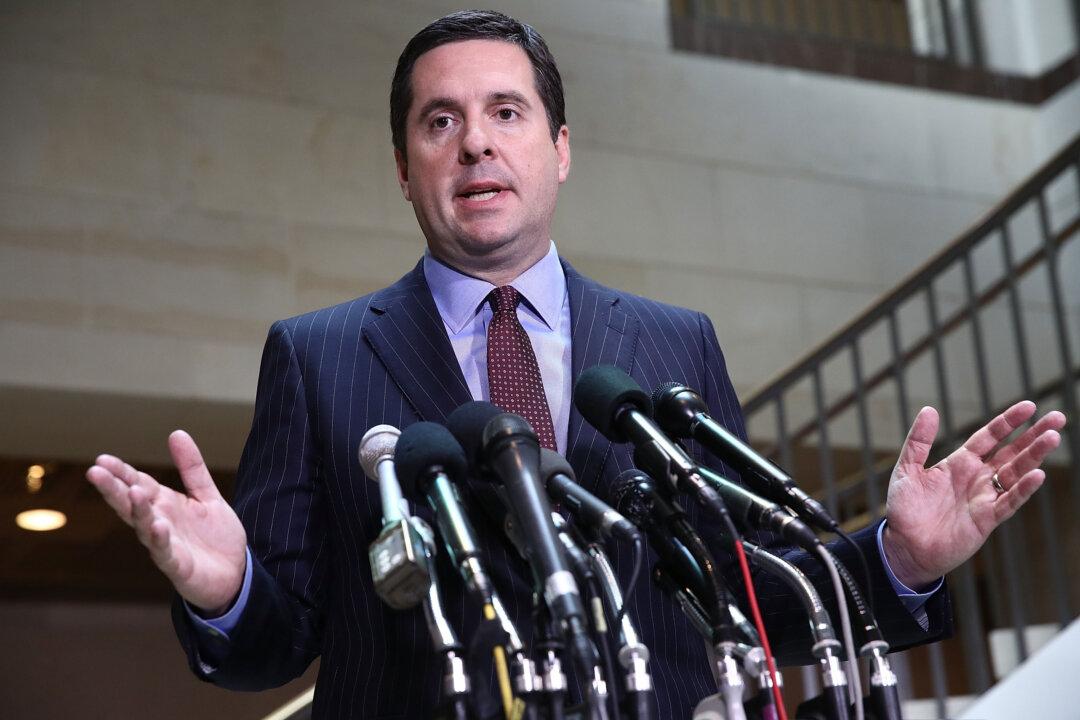Rep. Devin Nunes (R-Calif.) and other house lawmakers this week issued a preservation order for all evidence and records connected to changes made to the whistleblower form.
In a letter addressed to Inspector of the Intelligence Community General Michael K. Atkinson on Sept. 30, Republican Reps. Nunes, Kevin McCarthy (R-Calif.), and Jim Jordan (R-Ohio) asked for the preservation of all evidence linked to secret revisions made to rules submitted to the office.





